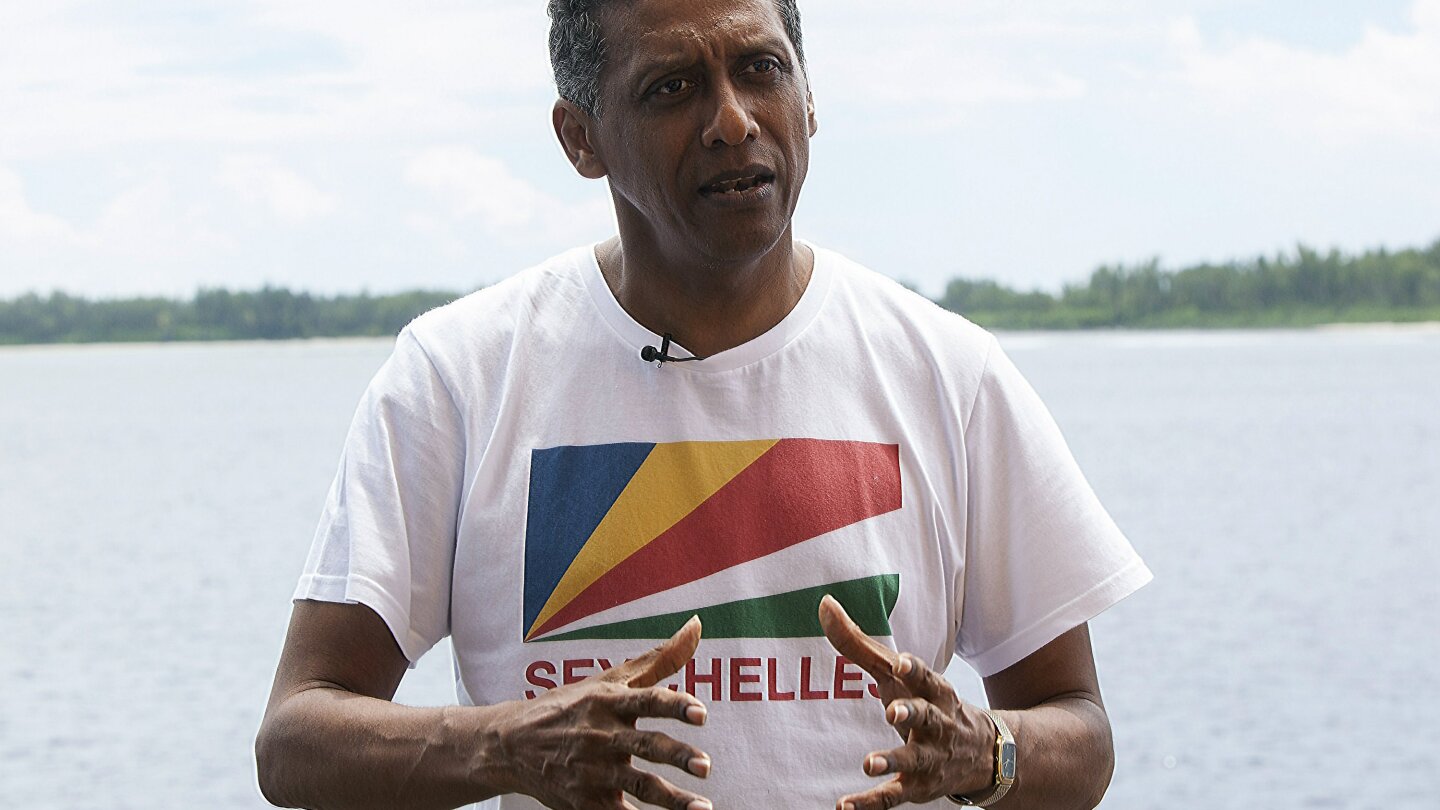Plain Jane
Just Plain Jane
September's thread is here:
 www.timebomb2000.com
www.timebomb2000.com
Pertinent long threads:
 www.timebomb2000.com
Begin on page 62
www.timebomb2000.com
Begin on page 62

 www.france24.com
www.france24.com
French court approves transfer of Rwanda genocide suspect Félicien Kabuga to UN tribunal
Issued on: 30/09/2020 - 15:03

A wanted poster with a photograph of Felicien Kabuga is displayed at the French Gendarmerie's Central Office for Combating Crimes Against Humanity, Genocides and War Crimes (OCLCH) in Paris on May 19, 2020. © Benoît Tessier, REUTERS
Text by:FRANCE 24Follow
3 min
France's top appeals court ruled Wednesday that alleged Rwandan genocide financier Félicien Kabuga should be transferred to a UN tribunal in Tanzania to stand trial on charges of genocide and crimes against humanity.
Kabuga, arrested near Paris in May after 25 years on the run, has asked to face justice in France. But the Court of Cassation ruled there was no legal or medical obstacle to implementing an international warrant for Kabuga's transfer to the Arusha-based tribunal.
Kabuga, 87, is accused of bankrolling and importing huge numbers of machetes for ethnic Hutu militias who killed some hundreds of thousands of Tutsis and moderate Hutus in Rwanda during a 100-day period in 1994.
He has denounced the charges, including genocide and incitement to commit genocide, as "lies".
In a statement, France's Cour de Cassation said it "considers that the investigating chamber was able to consider correctly that there was no legal or medical obstacle to the execution of the arrest warrant transfer order to the United Nations detention centre in Arusha, Tanzania."
In their submission, his lawyers argued that Kabuga's health was too frail for him to be transferred to Tanzania, particularly during a dangerous pandemic.
They also argued that French law violated the constitution by failing to provide for a thorough examination of international arrest warrants.
The Cour de Cassation's ruling upholds one by a lower court on June 3 that Kabuga be extradited, ruling that his health was not "incompatible" with a transfer to a UN tribunal.
(FRANCE 24 with REUTERS)
INTL - Africa: Politics, Economics, and Military- September 2020
August's thread: https://www.timebomb2000.com/xf/index.php?threads/africa-politics-economics-military-august-2020.580377/ Regional Conflict in Mediterranean thread from page 54: https://www.timebomb2000.com/xf/index.php?threads/regional-conflict-brewing-in-the-mediterranean.565195/page-54...
Pertinent long threads:
WAR - Regional conflict brewing in the Mediterranean
Nagorno-Karabakh: at least three Syrian fighters killed Syrians on the ground are believed to be contractors working for Turkish security companies Bethan McKernan and Michael Safi Wed 30 Sep 2020 13.59 EDT Last modified on Wed 30 Sep 2020 15.34 EDT The fierce combat between...

French court approves transfer of Rwanda genocide suspect Félicien Kabuga to UN tribunal
France's top appeals court ruled Wednesday that alleged Rwandan genocide financier Félicien Kabuga should be transferred to a UN tribunal in Tanzania to stand trial on charges of genocide and crimes…
French court approves transfer of Rwanda genocide suspect Félicien Kabuga to UN tribunal
Issued on: 30/09/2020 - 15:03

A wanted poster with a photograph of Felicien Kabuga is displayed at the French Gendarmerie's Central Office for Combating Crimes Against Humanity, Genocides and War Crimes (OCLCH) in Paris on May 19, 2020. © Benoît Tessier, REUTERS
Text by:FRANCE 24Follow
3 min
France's top appeals court ruled Wednesday that alleged Rwandan genocide financier Félicien Kabuga should be transferred to a UN tribunal in Tanzania to stand trial on charges of genocide and crimes against humanity.
Kabuga, arrested near Paris in May after 25 years on the run, has asked to face justice in France. But the Court of Cassation ruled there was no legal or medical obstacle to implementing an international warrant for Kabuga's transfer to the Arusha-based tribunal.
Kabuga, 87, is accused of bankrolling and importing huge numbers of machetes for ethnic Hutu militias who killed some hundreds of thousands of Tutsis and moderate Hutus in Rwanda during a 100-day period in 1994.
He has denounced the charges, including genocide and incitement to commit genocide, as "lies".
In a statement, France's Cour de Cassation said it "considers that the investigating chamber was able to consider correctly that there was no legal or medical obstacle to the execution of the arrest warrant transfer order to the United Nations detention centre in Arusha, Tanzania."
In their submission, his lawyers argued that Kabuga's health was too frail for him to be transferred to Tanzania, particularly during a dangerous pandemic.
They also argued that French law violated the constitution by failing to provide for a thorough examination of international arrest warrants.
The Cour de Cassation's ruling upholds one by a lower court on June 3 that Kabuga be extradited, ruling that his health was not "incompatible" with a transfer to a UN tribunal.
(FRANCE 24 with REUTERS)




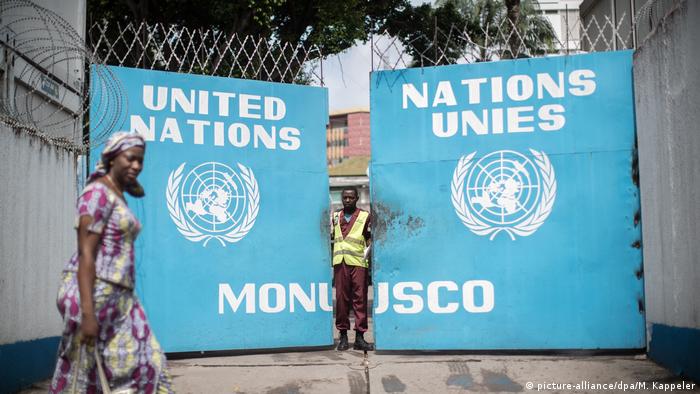








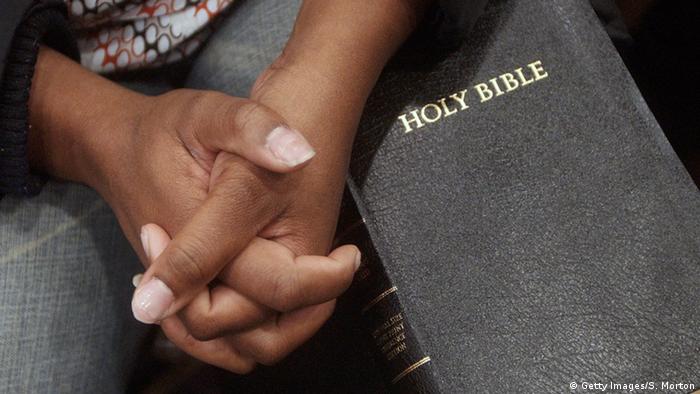
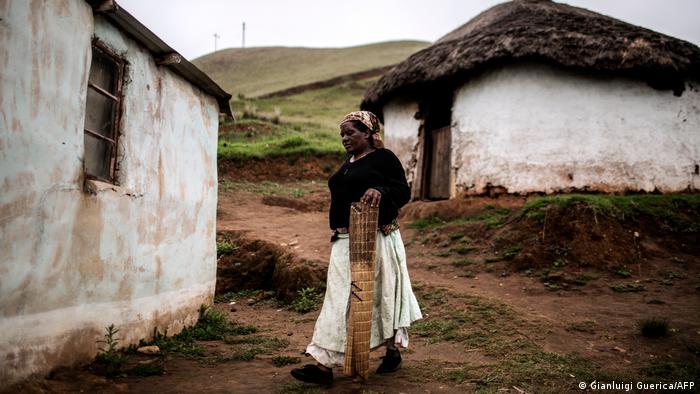
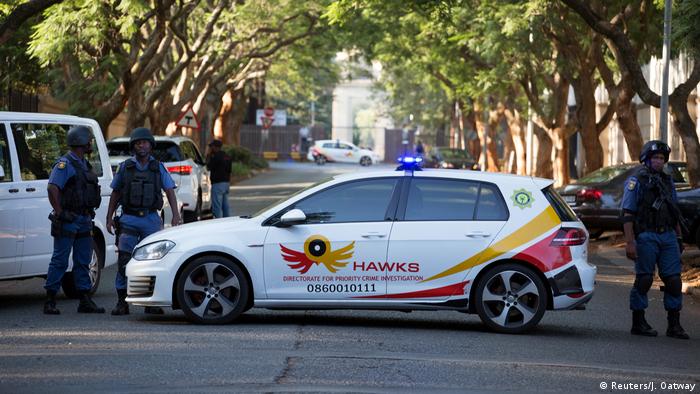
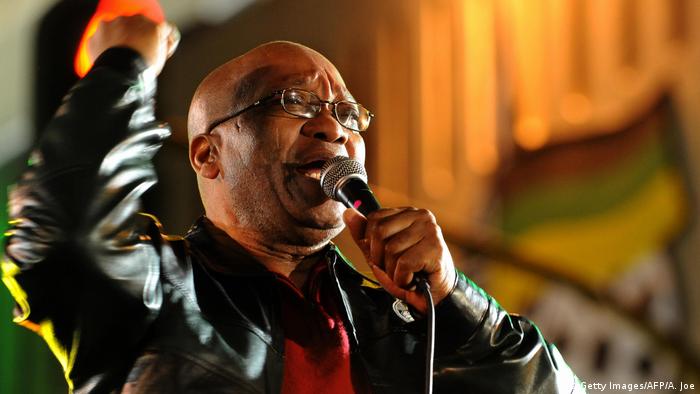
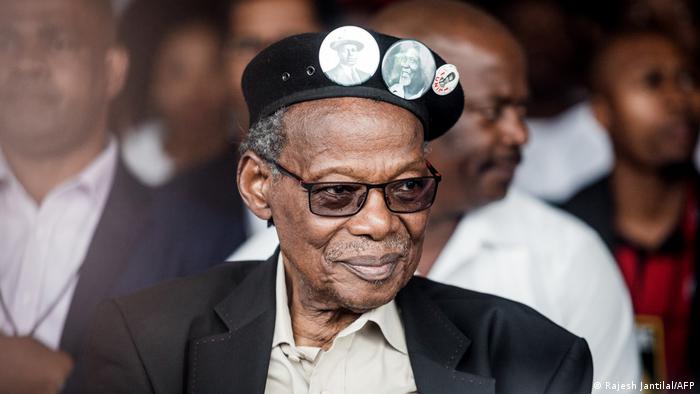
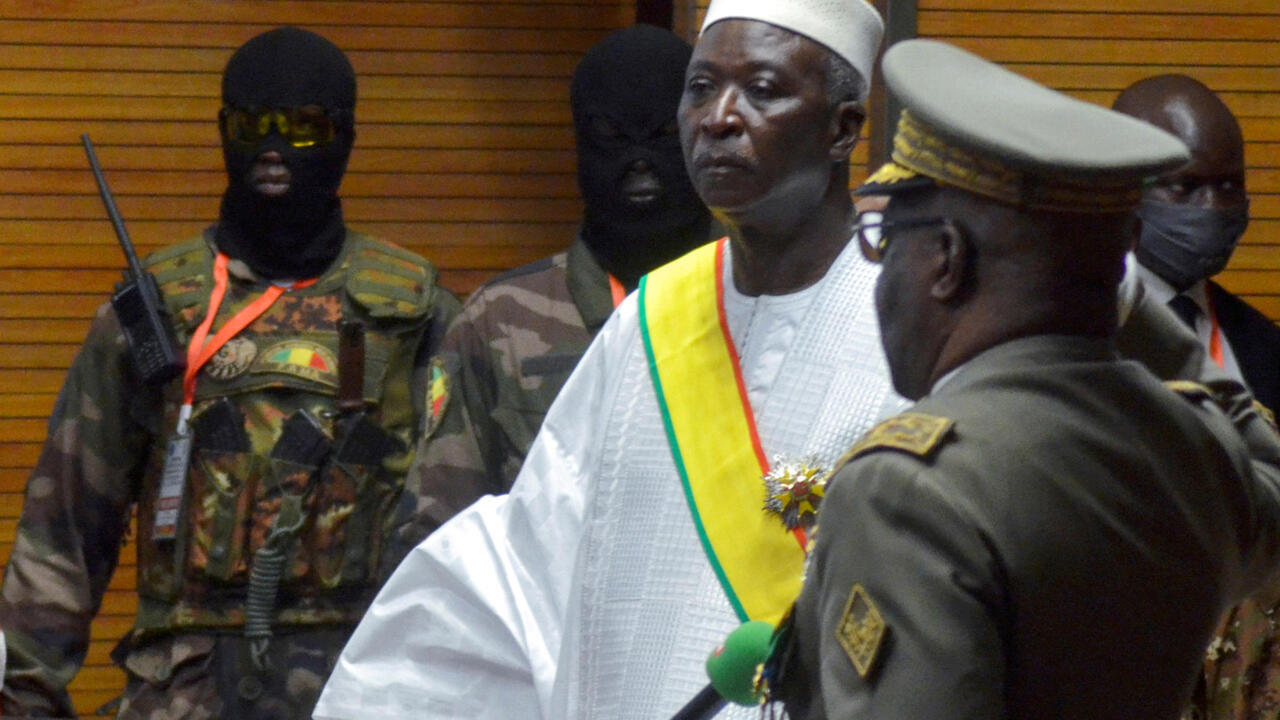

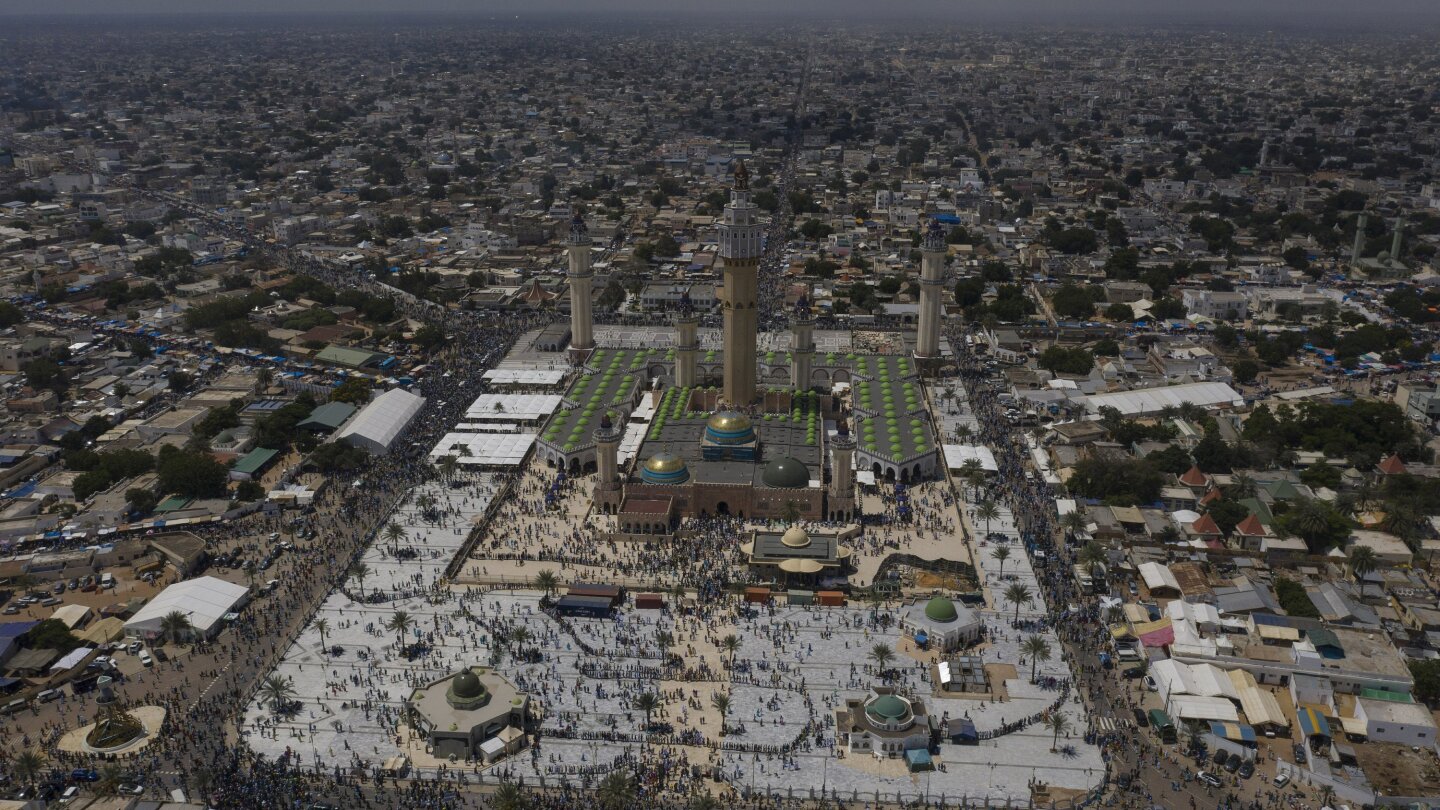





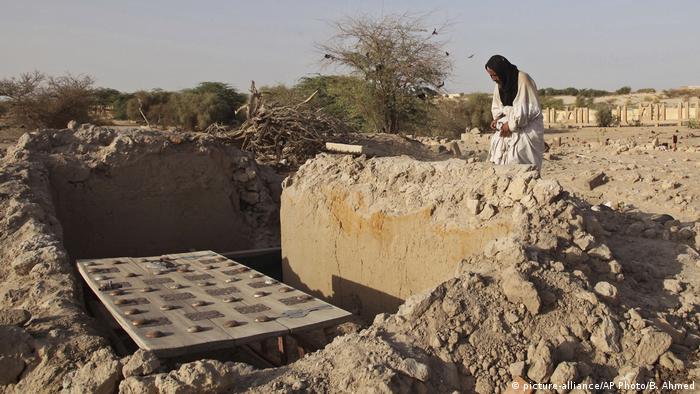
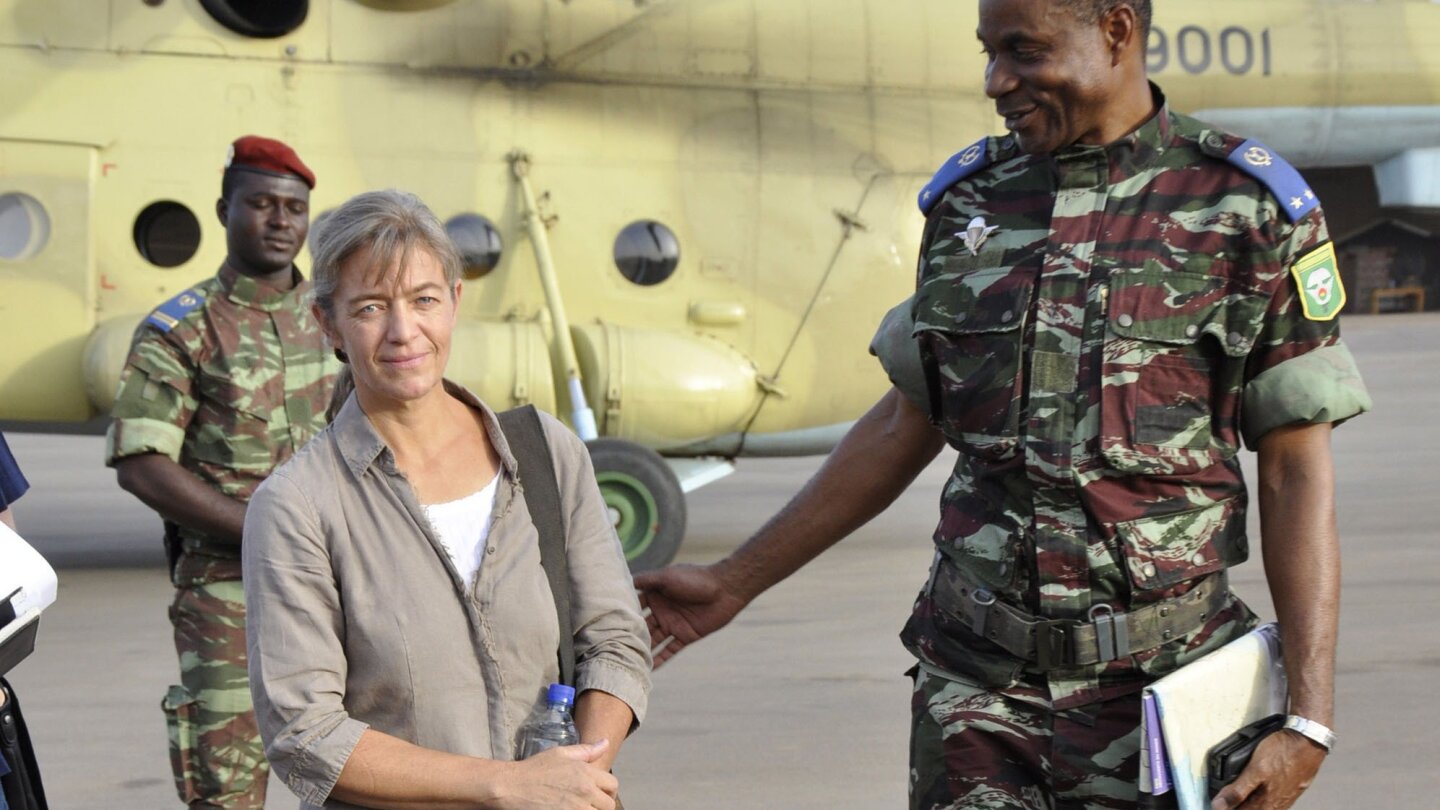


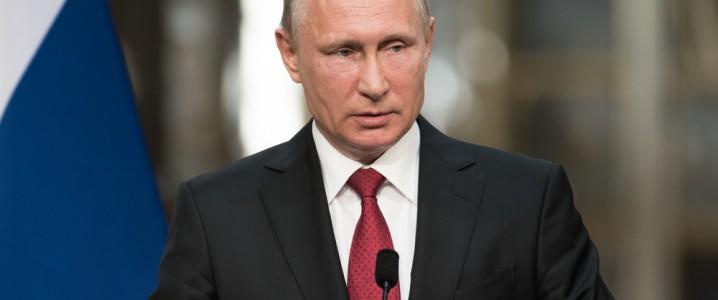
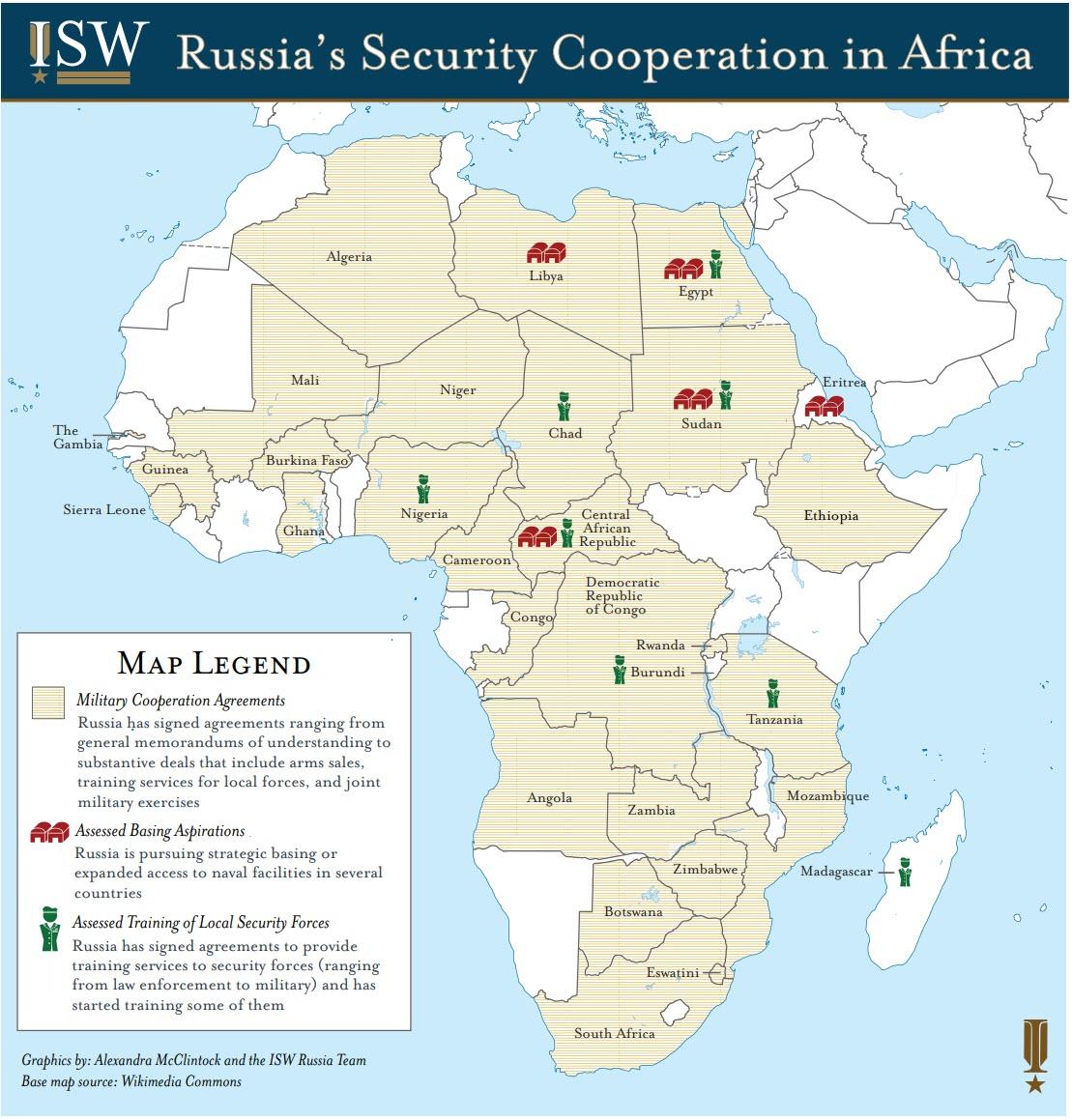




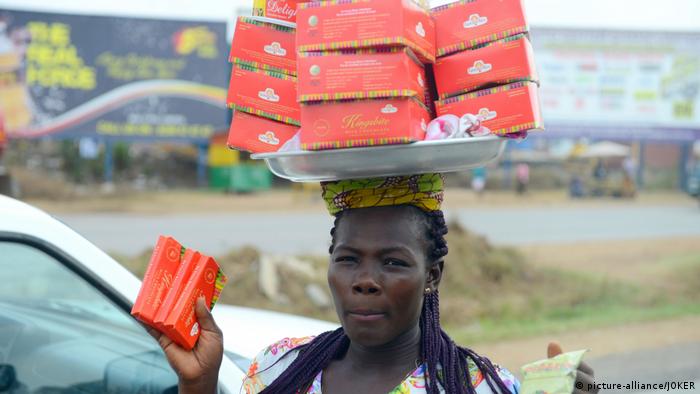
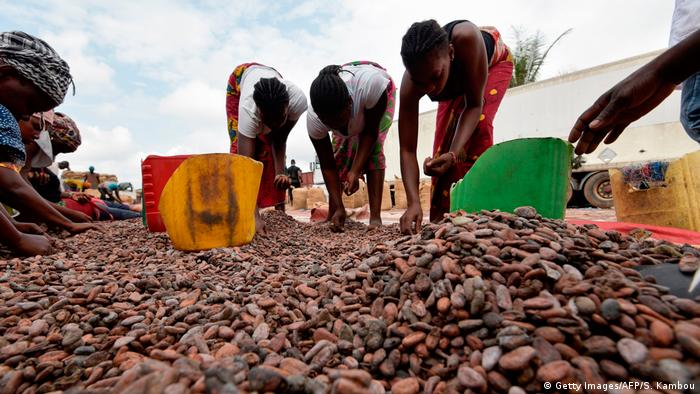






















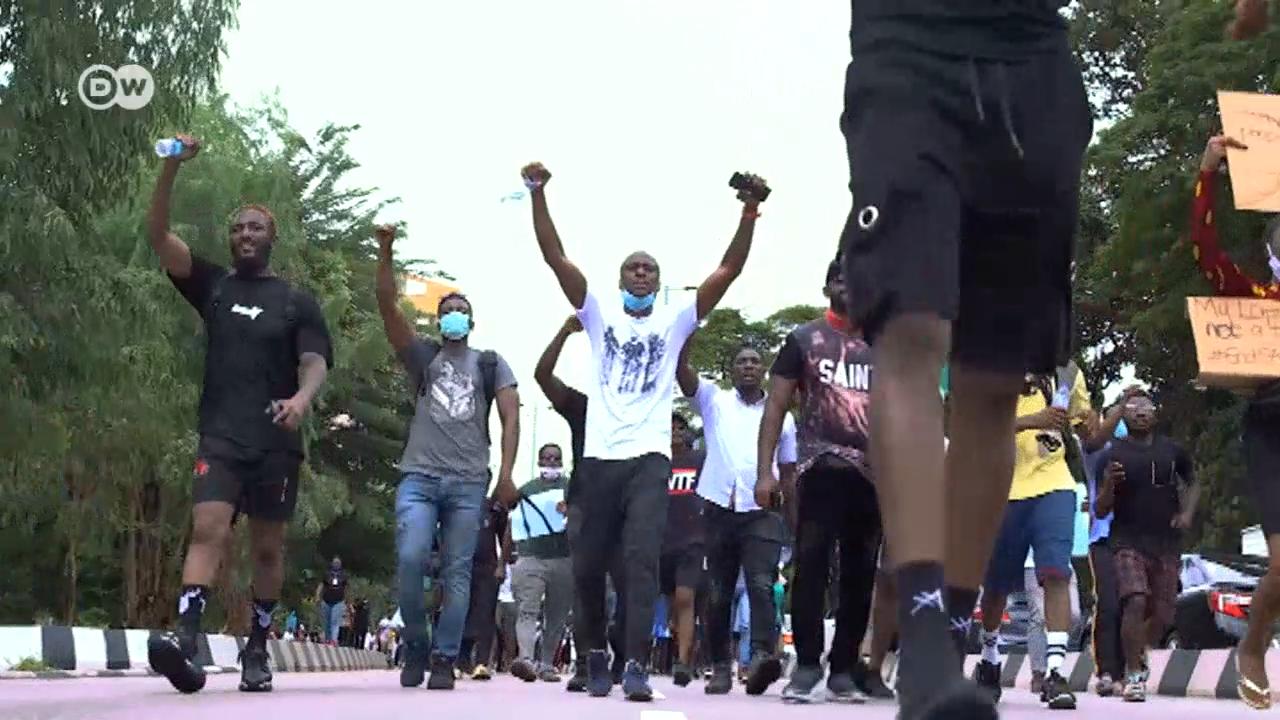












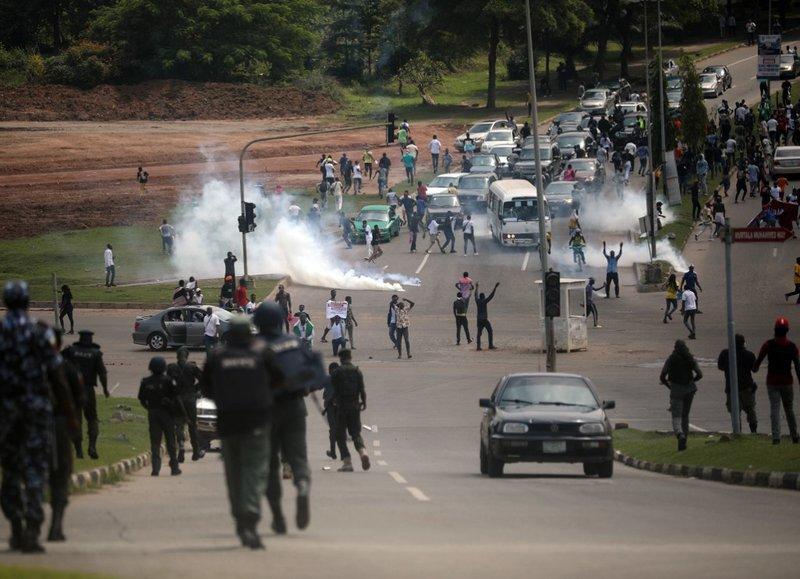 Protests in Lagos via AFP
Protests in Lagos via AFP

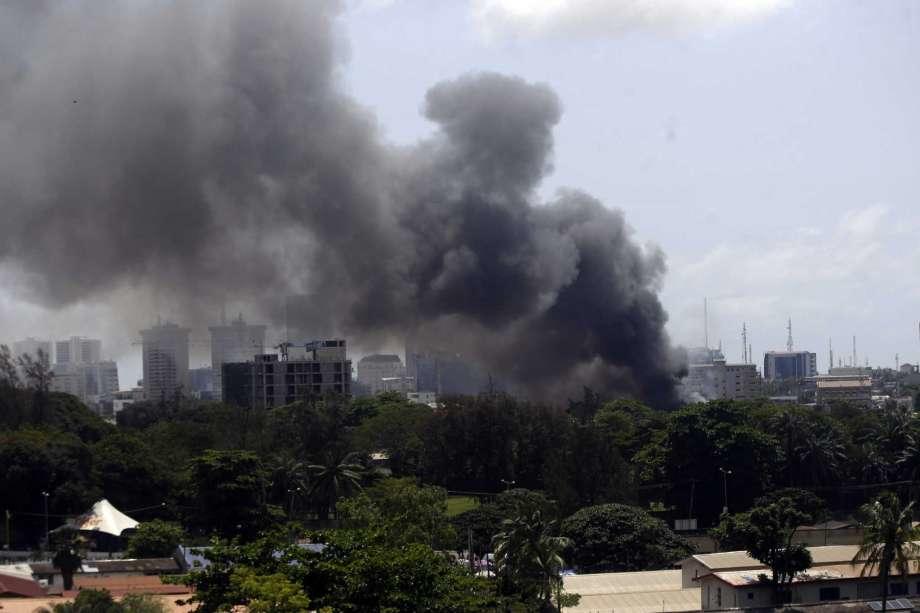 AP image showing the new prison fire in Lagos on Thursday. Details remain murky.
AP image showing the new prison fire in Lagos on Thursday. Details remain murky.







